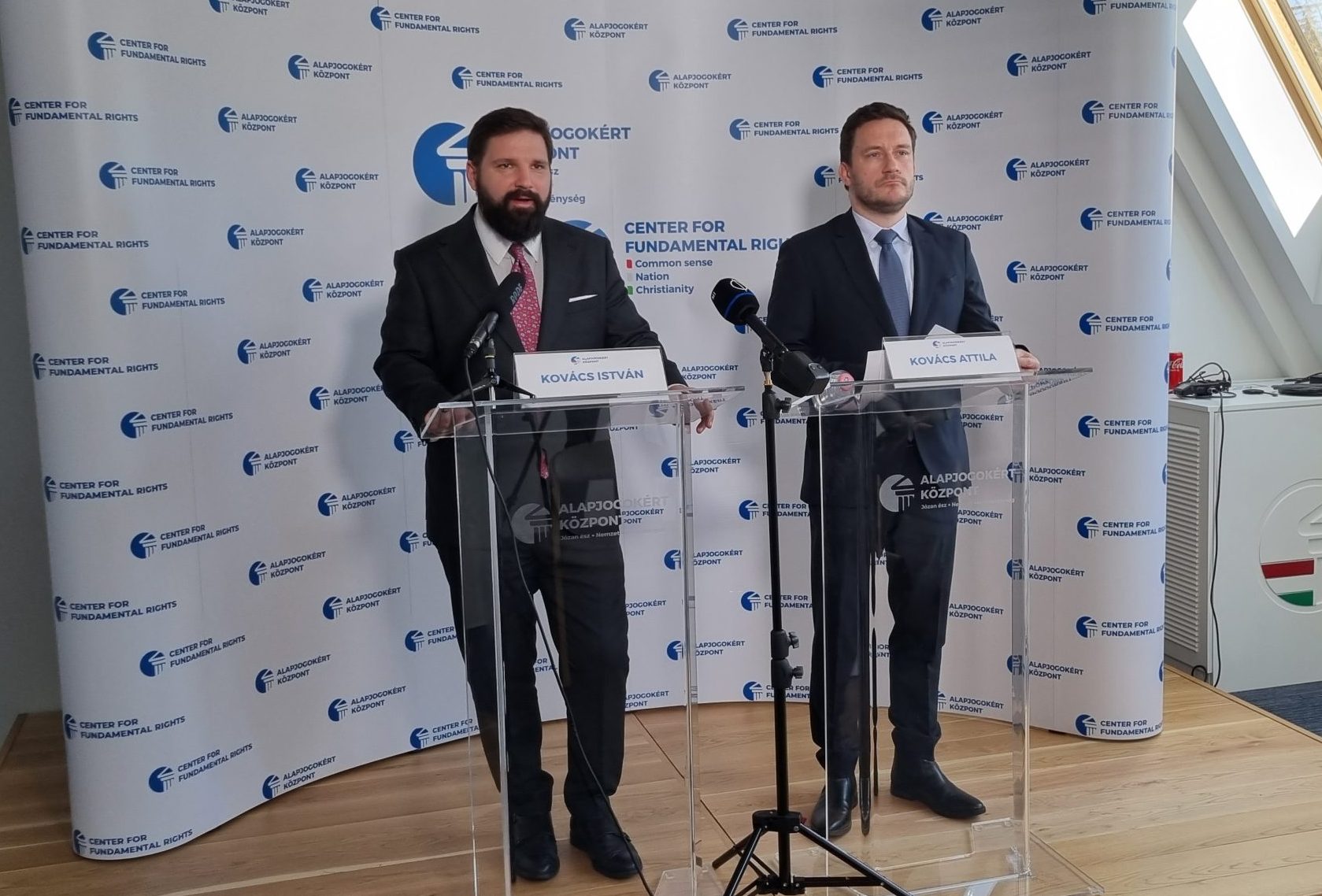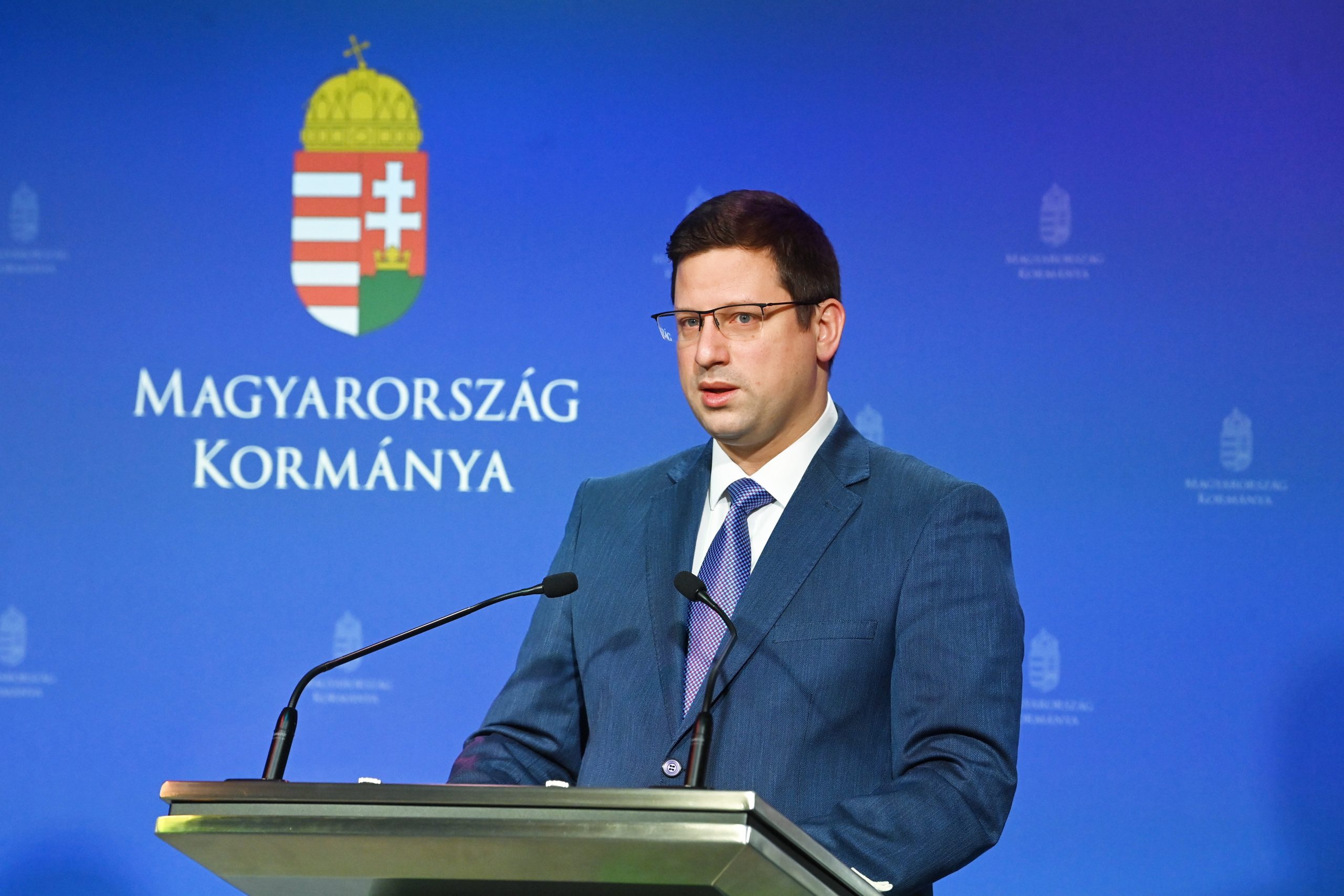
Experts from the Center for Fundamental Rights give their thoughts on the latest dispute between Budapest and Brussels.Continue reading

If the Erasmus scholarship negotiations with the European Union do not lead to a result, the government will pay the cost of the scholarships, the Minister heading the Prime Minister’s Office said at the Government Info meeting in Budapest on Thursday. Earlier this week, news broke that Hungarian universities that operate as public trust foundations or are maintained by such foundations will not receive fresh grants from the EU-funded Erasmus+ exchange and Horizon Europe research and innovation programs.
Gergely Gulyás called the matter unacceptable and intolerable, noting that the list of Western European universities where active politicians sit on the boards of trustees and on governing bodies could be long. One of the concerns of the European Union with the Hungarian university system is that many government politician are sitting on university boards of trustees.
The Minister stressed that when the agreement was reached with the European Commission, the Hungarian government acted as Brussels had requested in the case of conflict of interest rules. The codified text was also agreed upon and approved, and Hungary would have been open to adopting stricter conflict of interest rules, but no such request was received from Brussels.
According to recent information,
the European Commission has not given a clear reason why it is doing what it is doing and what it expects from Hungarian higher education institutions.
He added that Tibor Navracsics, the Minister of Regional Development, will hold a meeting with the EU, and they hope that it is only a misunderstanding and the issue can be clarified quickly. He said that the grants for this year were signed last year, so the decision concerns the Erasmus grants for next year.
Staying on the topic of the European Union, Gulyás also pointed out that the European Parliament is “mired in an unprecedented corruption scandal,” which is eating up its remaining credibility. He said that
the EP can remain a serious institutional player in European politics only if it clearly investigates corruption allegations and draws the necessary conclusions.
It is clear that the current system of asset declarations cannot remain as it is, he said.
The Minister also touched on Hungary’s economic situation, saying that the government’s main goal of avoiding a recession is likely to be met, as most analysts agree, with the 1.5 percent growth target for this year. He added that the reduction in overheads could be maintained up to the level of average consumption, and family support measures would be extended, with women under 30 not having to pay personal income tax if they have children.
The deficit is also expected to fall significantly this year, from 4.9% to 3.9% of GDP, and public debt will continue to decline, he added. For 2022, the country is expected to achieve economic growth of around 4.5 percent, one of the highest in the European Union.
Featured photo via MTI/Bruzák Noémi